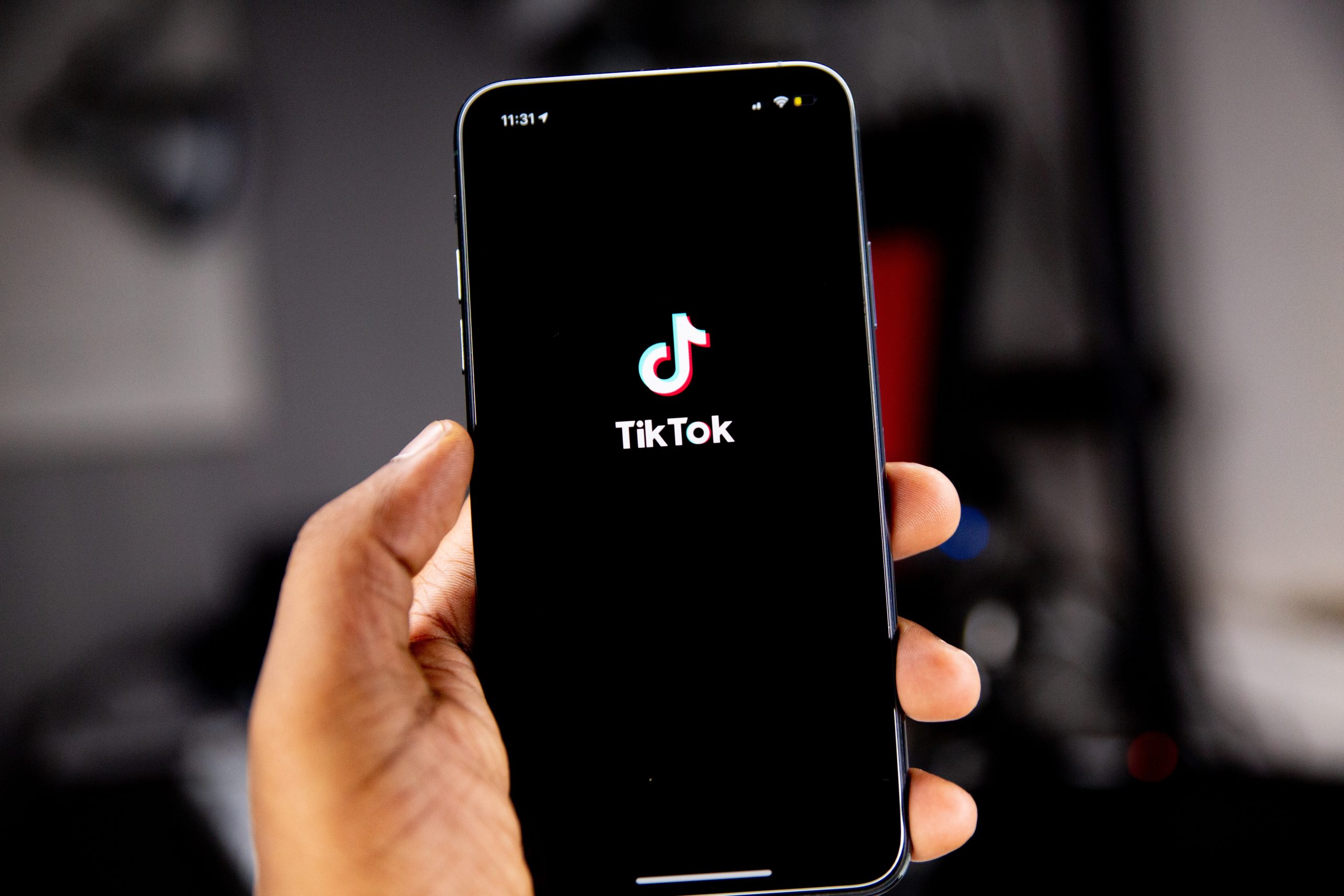Texas TikTok Ban on Government Devices Endorsed by US Judge
A recent court battle in the US upheld Texas’ restriction on the use of TikTok on state-owned devices or networks by state employees, including those employed by public colleges.
The decision by US District Judge Robert Pitman came as a response to a lawsuit filed by the Knight First Amendment Institute at Columbia University in July.
The lawsuit contended that the prohibition impeded the ability of academic faculty to engage in research activities associated with TikTok, thereby restricting their exploration, study, and scholarly investigations linked to the platform.
Judge Pitman’s order highlighted data protection issues as the primary justification for Texas’ restriction. He supported the state’s decision to limit access to government-owned devices and networks, describing it as a “reasonable restriction on access in light of Texas’s concerns.”
However, Pitman clarified that public university faculty and all state employees retain the freedom to use TikTok on their devices, as long as these devices are not connected to state networks. This ruling acknowledges personal freedom while balancing it with the state’s security considerations.
TikTok’s Fight for Free Speech Amid Bans

Expressing disappointment with the judgment, Jameel Jaffer, executive director of the Knight First Amendment Institute, argued that the Texas ban obstructs public university faculty from studying TikTok, including researching the privacy concerns that purportedly led to the ban’s implementation.
This legal conflict is not an isolated case. Previously, a United States judge had determined that Montana’s endeavor to enforce a ban across the entire state was illegal and represented an exploitation of state authority.
Likewise, has vigorously contested prohibitions imposed by several states and federal organizations, such as the Department of Defense and the White House, because they violated the right to free expression.
Due to its ownership by China-based ByteDance, there have been controversies surrounding it, which have sparked concerns about data security and linkages to the Chinese government throughout the world. Concerns remain despite denials of misusing US data, resulting in multiple international restrictions.
As the debate rages on, more than 150 million TikTok users in the United States remain caught between concerns over privacy, freedom of expression, and governmental attempts to safeguard data.
The clash between these interests continues to shape the legal landscape surrounding the popular social media platform.


Comments are closed.